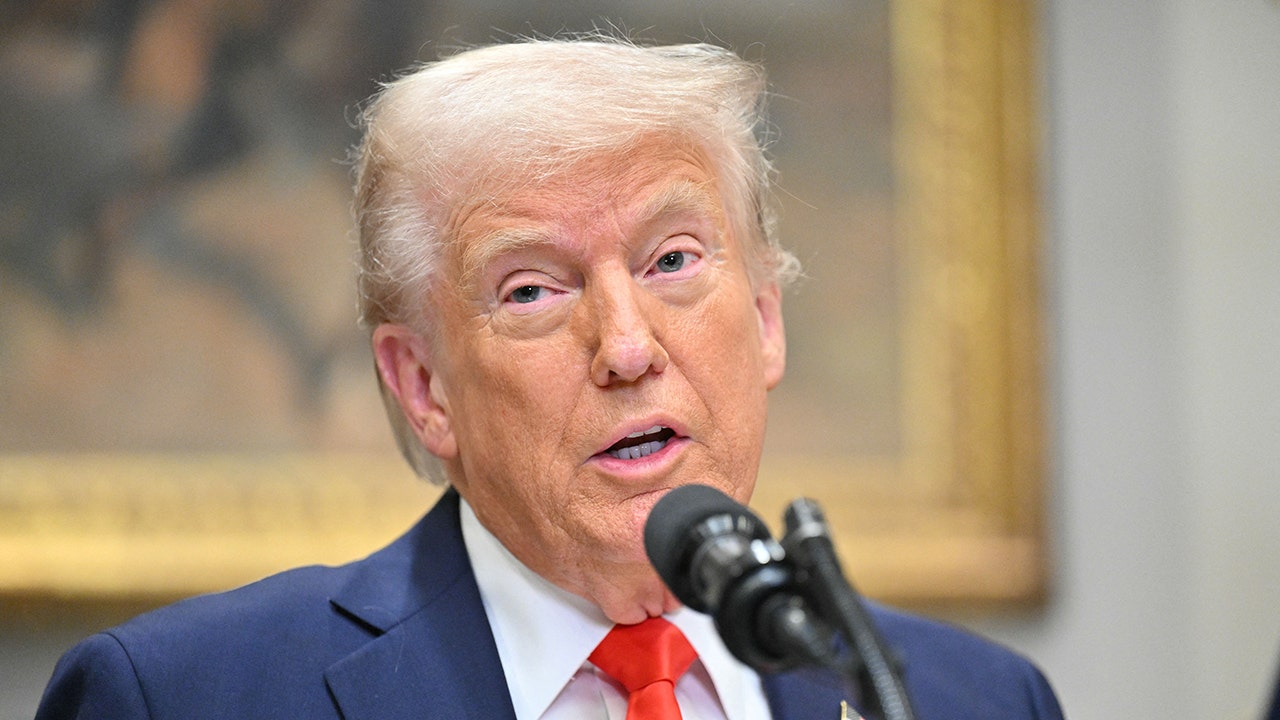Federal judge blocks NIH from implementing 15% indirect cost rate for grants

A federal judge has once again blocked the National Institutes of Health (NIH) from moving forward with a policy aimed at reducing the amount of money it allocates for indirect costs associated with grants. The NIH had recently announced a plan to set a standard indirect cost rate of 15% for all grants, citing the need to prioritize direct scientific research costs over administrative overhead.
However, the implementation of this policy has been put on hold as legal challenges unfold. U.S. District Judge Angel Kelley, who had previously issued a temporary restraining order, granted a preliminary injunction on Wednesday. In a court document, the judge emphasized the potential negative impact of halting life-saving clinical trials, disrupting medical research and treatment development, and closing research facilities without considering the current patient care needs.
The decision to block the NIH’s policy comes amidst pushback from various states, universities, and other entities who are challenging the agency’s attempt to enforce a uniform 15% indirect cost rate across all grants. The court’s ruling underscores the importance of ensuring that research funding is allocated in a way that maximizes scientific advancements and medical breakthroughs.
It is worth noting that Judge Angel Kelley was nominated by then-President Joe Biden and confirmed to the U.S. District Court for the District of Massachusetts with bipartisan support. The judge’s decision to issue a preliminary injunction reflects a careful consideration of the potential consequences of implementing the NIH’s proposed policy.
As the legal battle continues, stakeholders in the medical research community are closely watching developments to see how funding allocations will ultimately impact their work. The need for a balance between administrative costs and direct research expenses remains a key consideration in ensuring that the United States maintains its position as a global leader in medical research.
In conclusion, the ongoing legal challenges surrounding the NIH’s indirect cost policy highlight the complex nature of funding allocation in the field of medical research. As stakeholders navigate these issues, the ultimate goal remains clear: to support and advance groundbreaking scientific discoveries that have the potential to transform healthcare and improve patient outcomes.




